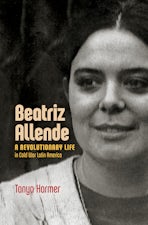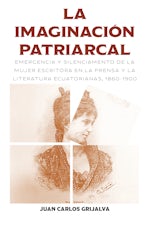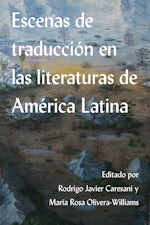Nation and Citizen in the Dominican Republic, 1880-1916
By Teresita Martínez-Vergne
256 pp., 6 x 9, 16 illus., 6 tables, 1 map, notes, bibl., index
-
Paperback ISBN: 978-0-8078-5636-9
Published: October 2005 -
E-book EPUB ISBN: 978-0-8078-7692-3
Published: May 2006 -
E-book PDF ISBN: 979-8-8908-7922-6
Published: May 2006
Buy this Book
- Paperback $42.50
- E-Book $29.99
For Professors:
Free E-Exam Copies
Hoping to build a nation of hardworking, peaceful, voting citizens, the Dominican intelligentsia impressed on the rest of society a discourse of modernity based on secular education, private property, modern agricultural techniques, and an open political process. Black immigrants, bourgeois women, and working-class men and women in the capital city of Santo Domingo and in the booming sugar town of San Pedro de Macorís, however, formed their own surprisingly modern notions of citizenship in daily interactions with city officials.
Martínez-Vergne shows just how difficult it was to reconcile the lived realities of people of color, women, and the working poor with elite notions of citizenship, entitlement, and identity. She concludes that the urban setting, rather than defusing the impact of race, class, and gender within a collective sense of belonging, as intellectuals had envisioned, instead contributed to keeping these distinctions intact, thus limiting what could be considered Dominican.
About the Author
Teresita Martínez-Vergne is professor of history at Macalester College. She is author of two previous books and coeditor of Contemporary Caribbean Cultures and Societies in a Global Context.
For more information about Teresita Martínez-Vergne, visit
the
Author
Page.
Reviews
"A thought-provoking combination of intellectual and social history. . . . An extremely well-researched and well-documented study."--Latin Americanist
"[A] monumental contribution to the historical literature. . . . Offer[s] highly sophisticated insights into the complex process of state formation and nation-building."--Journal of Latin American Studies
"Compelling. . . . This book makes a significant contribution to two underdeveloped fields of inquiry. . . . Martinez-Vergne's valuable analysis of this formative period in Dominican history will undoubtedly direct scholarly attention away from the dominant, political narrative to local archives that reveal the daily struggles and social interactions that have given meaning to and continue to shape Dominican national identity and citizenship."--Urban History
"Adding an excellent volume to the recent growth in literature is Caribbean historian Martinez-Vergne with her focus on Dominican nationalism at the end of the nineteenth and the beginning of the twentieth centuries. . . . [This book offers] clear and lucid prose, clarity of argument, and insightful discussions of intellectuals, nationalism, citizenship, gender, race, immigration, the working poor, and urban reform."--Americas
"Martinez-Verge has written an extremely well-researched study on the development of a sense of nationhood in the Dominican Republic. Emphasizing Santo Domingo and San Pedro de Macoris in the closing decades of the nineteenth century and the opening decades of the twentieth century, she discusses class, gender, and racial issues against the background of political reform and thought aimed at bringing about modernity for the island.”--Colonial Latin American Historical Review
"Brimming with original sources and distinguished by its comparative perspective, this book illuminates the political imaginary of the Dominican intelligentsia at the turn of the twentieth century and shows how both elite and subaltern urban populations sought to mold and exploit nascent state institutions, citizenship rights, and discourses of 'progress.' The book will be useful for scholars of modern Latin American history as well as of modernity at large."--Richard Lee Turits, University of Michigan




